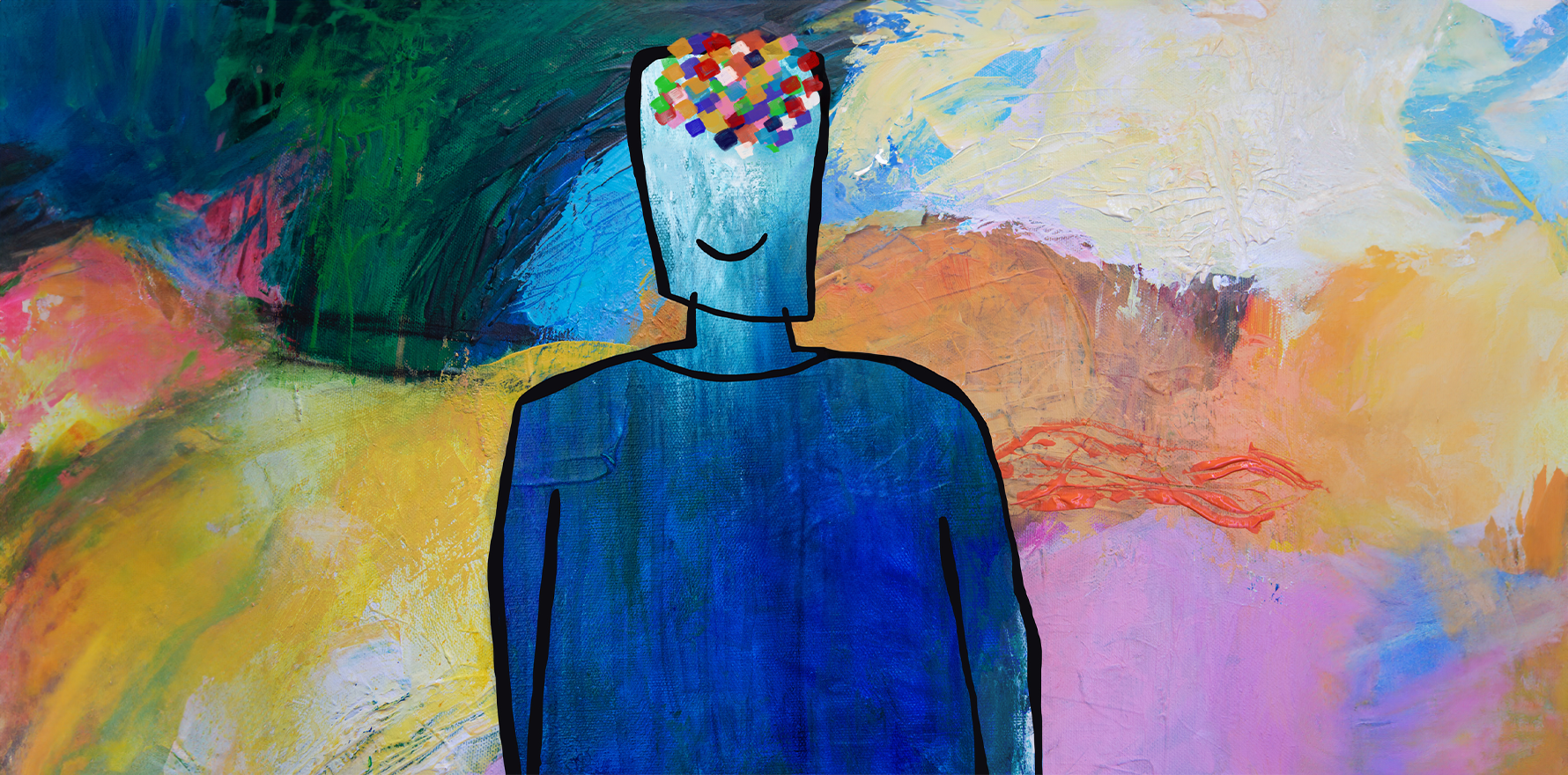New research finds seven in 10 people treated with the drugs have experienced at least one fall, a third of those needing hospitalisation.
Australian researchers are calling for a review of psychotropic medicines commonly prescribed to older adults in aged care homes.
This follows a study in which they found that seven in 10 people treated with the drugs had experienced at least one fall, with a third of those needing hospitalisation. That was five times the rate of those who weren’t prescribed the drugs.
The longitudinal cohort study involved more than 3000 residents of aged care facilities in Sydney between January 2020 and December 2021.
The research team from the Australian Institute of Health Innovation at Macquarie University said the medications may cause balance problems leading to unnecessary falls and injuries.
They also found 40% (1244) of long-term care home residents were given one central nervous system potentially inappropriate psychotropic medicine (CNS-PIPM) over the two-year study period. And 10% (302 residents) used two or more CNS-PIPMs. The study has been published in the BMJ Open.
Psychotropic medicines, such as antidepressants and antipsychotics, are often given to older people to treat conditions such as anxiety, difficulty in sleeping and depression. The downside is that the drugs impact the central nervous system, putting older people at greater risk of a fall.
Senior research fellow and senior author Dr Nasir Wabe said falls continued to be one of the leading challenges in aged care.
“Medications are a common yet modifiable risk factor in falls among aged care residents, highlighting the opportunity to prevent falls through targeted interventions,” he said.
“The Australian government has facilitated access to medication review services through initiatives such as embedded pharmacists and the Residential Medication Management Review programs, and providers are encouraged to make the most of these opportunities.”
Dr Wabe told The Medical Republic that the high use of potentially inappropriate use was concerning.
“We used a validated tool to assess inappropriateness, called Beers Criteria. According to that criteria most of the use in residential aged care was potentially inappropriate,” he said.
“We cannot say inappropriate for sure, that’s why we use the word potentially inappropriate, and that’s why we are calling for reviews to be done.
“When GPs prescribe them, they may have reasons to prescribe those medications, but it is important that those medications are regularly reviewed and that they are useful for the condition they are intended for. Otherwise, they will cause falls.
“Especially in our study, we found that they are not only just simple falls, they also result in injurious falls, and falls requiring hospitalisation, so they are leading to really bad resident outcomes.”
He said that while awareness about inappropriate prescribing of psychotropics in aged care was still not at the level it should be, it was “going in the right direction”.
“There are a lot of initiatives at the moment, digital technologies and other quality improvement initiatives. But still, we are not at a stage where we can say we are doing really, really well,” said Dr Wabe.
The paper’s first author, PhD student Narjis Batool, said the study was more detailed than previous research, as it examined medicines that were administered to aged care home residents and broke down different types of falls by their level of seriousness.
While 70% of aged care home residents who used CNS-PIPMs had at least one fall, the breakdown showed 54% experienced an injury from the fall and 30% required hospitalisation.
Ms Batool said the research highlighted the need for more awareness on the use of non-medication-based treatments for aged care residents experiencing mental health issues, such as behavioural therapy, social interaction and group activities.
For every 1000 resident-days, there were 16 falls of any type, six falls resulting in injury, and two falls that led to hospitalisation among CNS-PIPM users.
The findings support previous research demonstrating the link between use of CNS-PIPMs and an increase in falls risk. One study of 2368 older adults in nine residential aged care facilities in the Netherlands found that psychotropic medicine users were three times more likely to fall compared to non-users over two years.
Related
Another study of 4502 residents from 41 nursing homes in Spain found that 8.8% of residents on psychotropic medications had at least one fall during a one-month period. However, both studies were cross-sectional, relied on medication prescription data assuming the medication was actually taken, and did not examine differences between types of falls, the Australian researchers said.
Other studies have shown that the use of PIPMs in older adults can increase morbidity, mortality, and functional decline, particularly when it comes to fall risks associated with psychotropic drugs.
The authors said psychotropic medications, including antipsychotics, benzodiazepines and antidepressants, should be considered only when behavioural symptoms pose significant distress or harm and when non-pharmacological strategies such as cognitive behavioural therapy, psychosocial interventions, physical activity and other sensory simulation and music therapies have been ineffective.
“In addition, high benzodiazepine use may increase the risk of falls, fractures, anxiety disorders, pneumonia and dementia,” they wrote.
“Inappropriate antipsychotic use can lead to pneumonia, venous thromboembolism and cerebrovascular events, while inappropriate antidepressants may heighten the risk of cognitive deficits.
“Given these risks, careful consideration and regular review of psychotropic prescriptions are essential to ensure appropriate and safe use in older adults with dementia.”





